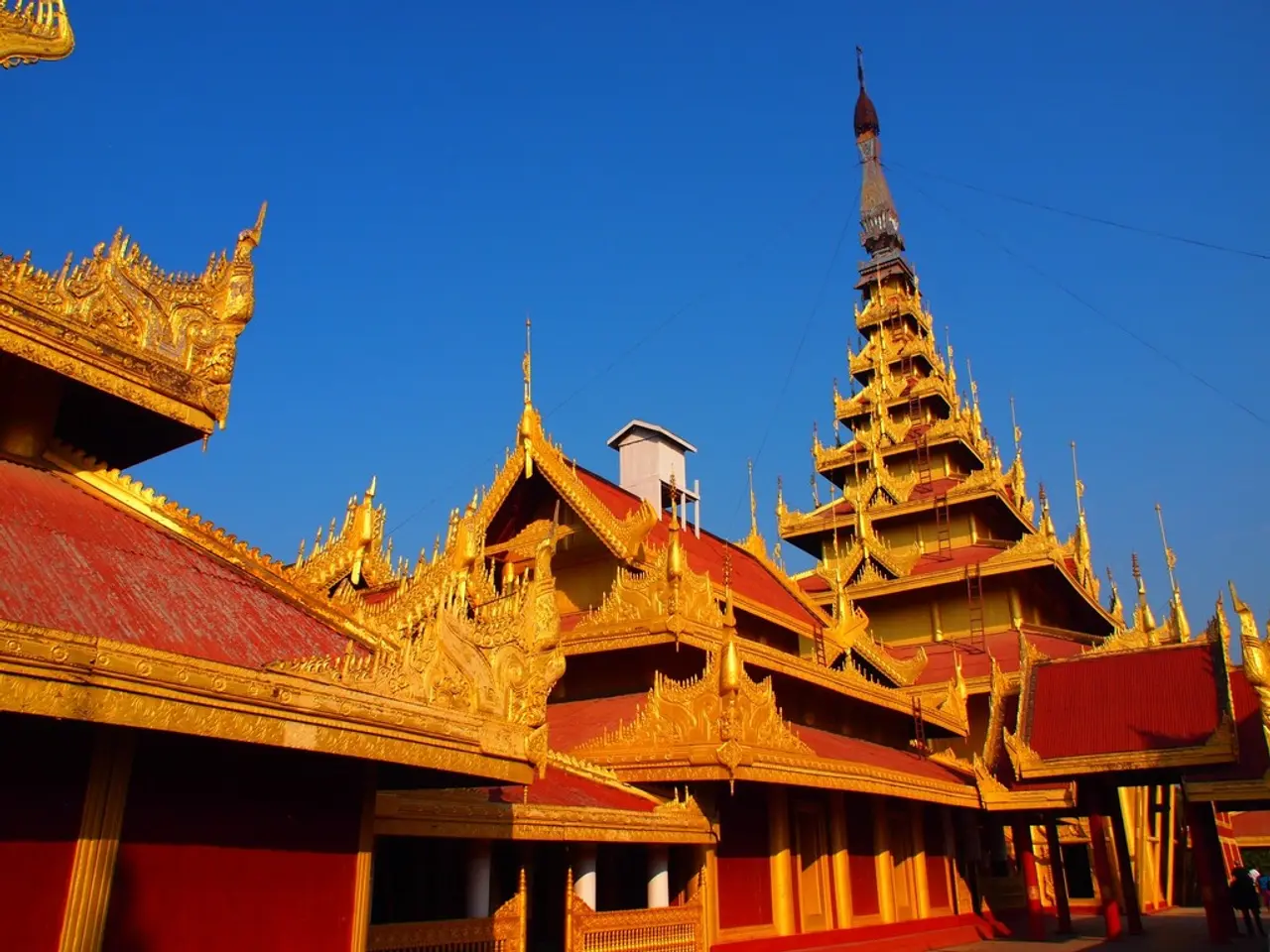Government should consider reevaluating the legislation governing the Lokpal, a key anticorruption watchdog.
India's Lokpal Declares High Court Judges as Public Servants, Sparking Supreme Court Concern
In a move that could potentially impact the judiciary's relationship with the Lokpal and Lokayukta in India, the Lokpal, the country's anti-corruption ombudsman, has declared that judges of high courts will be considered public servants.
The Lokpal made this decision based on the fact that high courts were constituted through an act of Parliament, not the Constitution. This declaration has raised concerns, with the Supreme Court's three-judge bench expressing its disapproval, calling it "very, very disturbing."
The Lokpal's decision comes under the purview of the Lokpal and Lokayukta Act, 2013, which establishes the Lokpal and Lokayukta at the central and state levels, respectively. The Lokpal has opined that it can handle complaints against high court judges, a decision that could have implications for the interpretation of the term "public servant" in the 2013 Lokpal and Lokayuktas Act.
The Lokpal's decision could potentially challenge the extraordinary job security guaranteed to high court judges by the Constitution. It could also be in conflict with the Constitution's mandate for the setting up of the high court. The issue at hand pertains to the Lokpal's power to handle allegations of corruption involving judges of high courts.
The Lokpal, headed by former Supreme Court judge A.M. Khanwilkar, based its opinion on the high courts not being established under Article 124 of the Constitution. However, the Lokpal appears to have erred in overlooking the Constitution's Article 214(1) which mandates the setting up of the high court.
The Lokpal received two complaints against a sitting judge of a high court, who allegedly influenced lower court judges to favor a private company. This decision by the Lokpal has sparked a debate, with some arguing that it is high time that the Supreme Court interprets the expression, "public servant", in the 2013 Lokpal and Lokayuktas Act.
The hearing on this matter has been scheduled for March 18, with the Supreme Court of India announcing that it would deliver the verdict regarding the dispute between the Lokpal and the judges of the high courts. The specific institution making this announcement is the Supreme Court of India itself. The outcome of this decision could shape the future of the Lokpal's jurisdiction and the relationship between the Lokpal, Lokayukta, and the judiciary in India.
Read also:
- ICE directed to enhance detention conditions following NYC immigrants' allegations of maltreatment
- Israeli finance minister issues warnings about potential annexation of West Bank territories
- United States faces rebuttal from South Africa over allegedly deceitful human rights report and assertions of land expropriation
- Accident at Rodalben Results in Injuries; Geoskop Area near Kusel Affected After Stormy Weather








